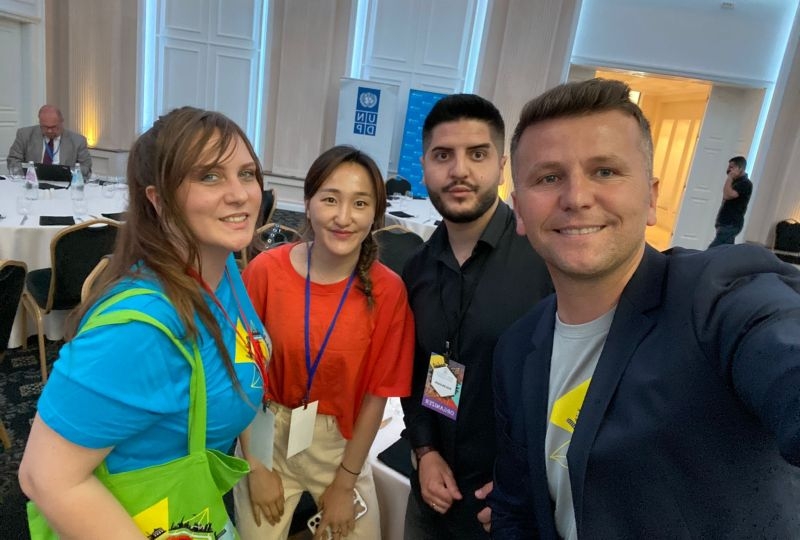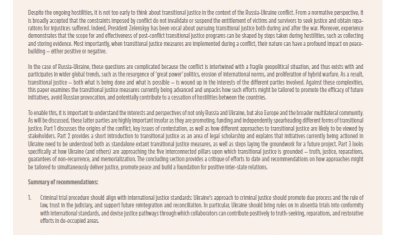The MTJ experience helped me shift my career path and develop professionally. I had the chance to do an internship at the UN High Commissioner for Refugees in Geneva right after completing the programme, and as I mentioned before, work for UNDP in Kosovo.
Also, the networks that I built helped me greatly. At UN Women, I organized a three-day international conference on femicide and invited experts in the field. Given that my friends who graduated from the programme were working in various UN agencies, I reached out to them, and they connected me with the relevant experts. Thanks to them, the conference provided a platform for all experts and government officials to share knowledge on femicide measurement, statistical data gathering, and prevention. Therefore, for me, the programme was not only about the degree but also about building networks. I am planning to take this further!





